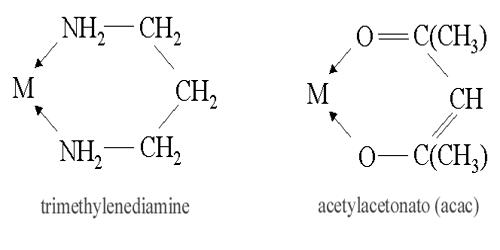Parasites are small animals that require the presence of one or more host animals to complete their life cycle. In general, they are unable to survive outside of their host. Their presence may or may not have an effect on the host animal’s health. Roundworms (nematodes), flatworms or flukes (trematodes), and tapeworms are the three types of fish parasites of public health importance (cestodes).
Dogs eating infected fish are hampering efforts to eradicate a human parasitic disease, according to new research. Guinea worm disease is typically contracted by drinking water contaminated with water fleas that carry parasite larvae. The worms mate and grow inside the body for 10-14 months before emerging as a one-meter-long adult worm, usually from the arms or legs, to shed its larvae back into the water.
In Chad, Ethiopia, Mali, and South Sudan, the parasite causes disability and trauma in some of the world’s poorest communities. Eradication programs have reduced the number of human cases of Guinea worm from millions in the 1980s to just 27 in 2020. Guinea worm would be only the second human disease to be wiped out, following smallpox. Just as eradication appeared to be on the horizon, it was discovered that domestic dogs are also carrying the parasite.
Dogs are now the key impediment to eradicating this dreadful human disease. Dogs eating infected fish are hampering efforts to eradicate a human parasitic disease, according to new research. Guinea worm disease is typically contracted by drinking water contaminated with water fleas that carry parasite larvae.
Professor Robbie McDonald
According to targeted surveillance, in 2020, 93 percent of Guinea worms detected globally were in dogs in Chad, in central Africa. Both freshwater and saltwater fish are potential sources of parasitic infection in humans. Fish roundworms are associated with saltwater fish from all seas, whereas fish tapeworms are associated with freshwater fish from cold waters. Fish flatworms and flukes, on the other hand, are typically associated with freshwater fish in temperate and warm waters.
The University of Exeter’s research, published in Current Biology, uncovered a new mode of transmission: dogs eating fish that contain parasite larvae. This means that dogs continue to support the parasite’s life cycle, and humans can still contract the disease.
The researchers spent a year in several of Chad’s worst-affected villages along the Chari River. They used forensic stable isotope analysis of dog whiskers to reveal dog diets over the course of a year after tracking hundreds of dogs with satellite tags. Humans fishing in the river and its lagoons discarded a large portion of the fish eaten by the dogs, which were usually guts or smaller fish.

“Dogs are now the key impediment to eradicating this dreadful human disease,” said Professor Robbie McDonald of Exeter’s Environment and Sustainability Institute, who led the study.
“Our findings indicate that fisheries, as well as the ease with which dogs can eat fish, are likely contributing to the persistence of Guinea worm in Chad. The challenge now is to eradicate this pathogen not only from humans but also from animals. This is a clear example of how a ‘One Health’ approach to integrating human, animal, and environmental health is required to eradicate this crippling human disease.”
Roundworms can stunt puppy and kitten growth, and hookworms can cause life-threatening anemia. Inflammation and immune-system problems can result from any parasitic infection. If your pet already has a medical condition, such as diabetes, the parasitic infection may aggravate it. If left unchecked, all of these parasites can shut down major body systems and be life-threatening.
Intestinal parasites can infect both animals and humans. Larvae or eggs are passed in the feces because they primarily inhabit the GI tract. The infective larvae then live in the soil around the feces, making other dogs and children susceptible to accidental ingestion and subsequent infection.
Diphyllobothriasis is a condition caused by fish tapeworms in humans. According to the Centers for Disease Control and Prevention in the United States, it “can be a long-lasting infection” (decades). The majority of infections are asymptomatic. Symptoms may include abdominal pain, diarrhea, vomiting, and weight loss. Vitamin B12 deficiency may occur in conjunction with pernicious anemia. Invasive infections can cause intestinal obstruction.”
















